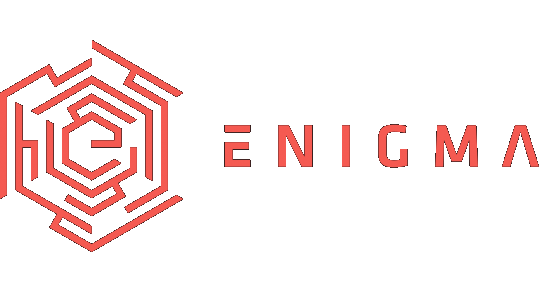Vanessa Teague, The University of Melbourne
The Ancient Greeks could vote securely and privately with bronze disks and a wooden urn, so why can't we get it right using a sophisticated technology like the Internet? End-to-end verifiability gives voters the opportunity to verify that their vote matches their intention and is accurately included in a correct count. In this talk I'll explain what it is, how it works and why it can help us to run supervised poll site e-voting more flexibly and securely than paper alone. I'll describe its first deployment in a state election: the vVote project in Victoria, Australia. Then I'll discuss the open problems that need to be solved before we can safely run government elections over the Internet.
Vanessa Teague, The University of Melbourne

Vanessa Teague is a Senior Lecturer in the department of computing and information systems at the University of Melbourne, Australia. Her main research interest is in electronic voting, with a focus on cryptographic schemes for end-to-end verifiable elections and a special interest in complex voting schemes such as IRV. She was a major contributor to the Victorian Electoral Commission's end-to-end verifiable electronic voting project, the first of its kind to run at a state level anywhere in the world. With Alex Halderman, she recently discovered serious security vulnerabilities in the NSW iVote Internet voting system.
Open Access Media
USENIX is committed to Open Access to the research presented at our events. Papers and proceedings are freely available to everyone once the event begins. Any video, audio, and/or slides that are posted after the event are also free and open to everyone. Support USENIX and our commitment to Open Access.

author = {Vanessa Teague},
title = {Verification, Auditing, and Evidence: If We {Didn{\textquoteright}t} Notice Anything Wrong, Is the Election Outcome Right?},
year = {2016},
address = {San Francisco, CA},
publisher = {USENIX Association},
month = jan
}




